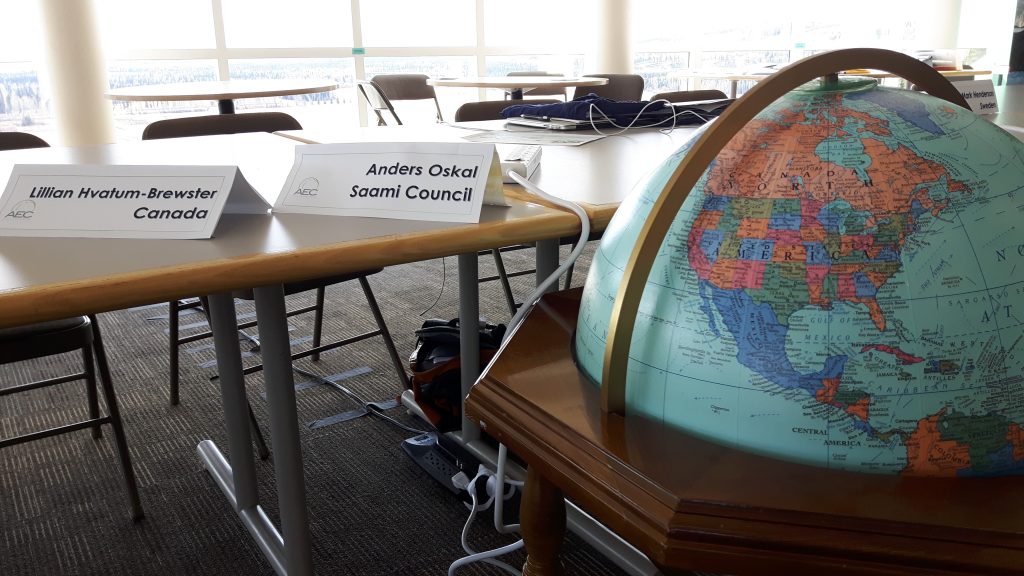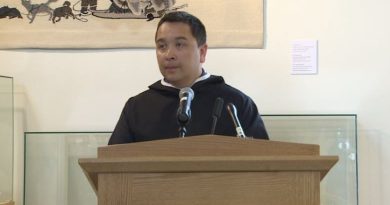Arctic Economic Council switching to online meeting amidst Russian invasion of Ukraine

“[The] Arctic Economic Council has condemned the war and has decided not to hold the annual general meeting in Russia in 2022 as initially planned,” AEC Executive Director Mads Qvist Frederiksen said in emailed comment on Tuesday. “[The]Arctic Economic Council is constantly assessing the situation and adopting to the developments.”
The Arctic Economic Council was a Canadian initiative under that country’s most recent Arctic Council chairmanship (2013-2015). The AEC was conceived to advise the Arctic Council on business issues. Now, it also facilitates business-to- business activities for northern-based companies or those elsewhere who want to do business in the North.
The AEC’s annual general meeting is where member companies review the year. This year’s meeting was set to coincide with the International Arctic Forum in April.
Members include businesses, Indigenous groups, Indigenous land claims organizations and non-Arctic members.
Though a separate body from the Arctic Council, the AEC leadership changes hands in concert with the Arctic Council rotating two-year chairmanship.
Russia currently holds that position.
No changes to membership
Russian businesses part of the AEC include Gazprom Neft, North Star, United Shipbuilding Corporation, Novatek, Sovcomflot, Rosatom and Norilsk Nickel.
Frederiksen said there’s been no changes to AEC’s membership list.
“AEC has not expelled any members from the organization since its creation in 2014,” he said.
Dark days for Arctic cooperation
Arctic cooperation forums have been in shambles since Russia’s invasion of Ukraine, with everyone from the Arctic Council, the Barents Council, the Nordic Council of Ministers, and the Council of the Baltic Sea States either pausing their work or suspending Russia from participation.
The Russian chairmanship did not respond to a request for comment last week made through the Arctic Council on the pause.
But in a Russian-language post on the Russian Ministry of Foreign Affairs website, it called the decision of the seven arctic states to pause the Arctic Council’s work “politicized” and “irrational” and said Russia would continue to work on its chairmanship priorities through 2023.
Related stories from around the North:
Canada: Russia’s assault on Ukraine: MLA in Canada’s Northwest Territories asks for assurances about Arctic security, CBC News
Finland: Finland and Sweden to “strengthen interaction with NATO”, Radio Sweden
Norway: Nordic countries halt all regional cooperation with Russia, The Independent Barents Observer
Russia: Russia’s Arctic LNG project might come to halt, The Independent Barents Observer
Sweden: Swedish customs hand inspecting goods destined for Russia amidst sanctions, Radio Sweden



